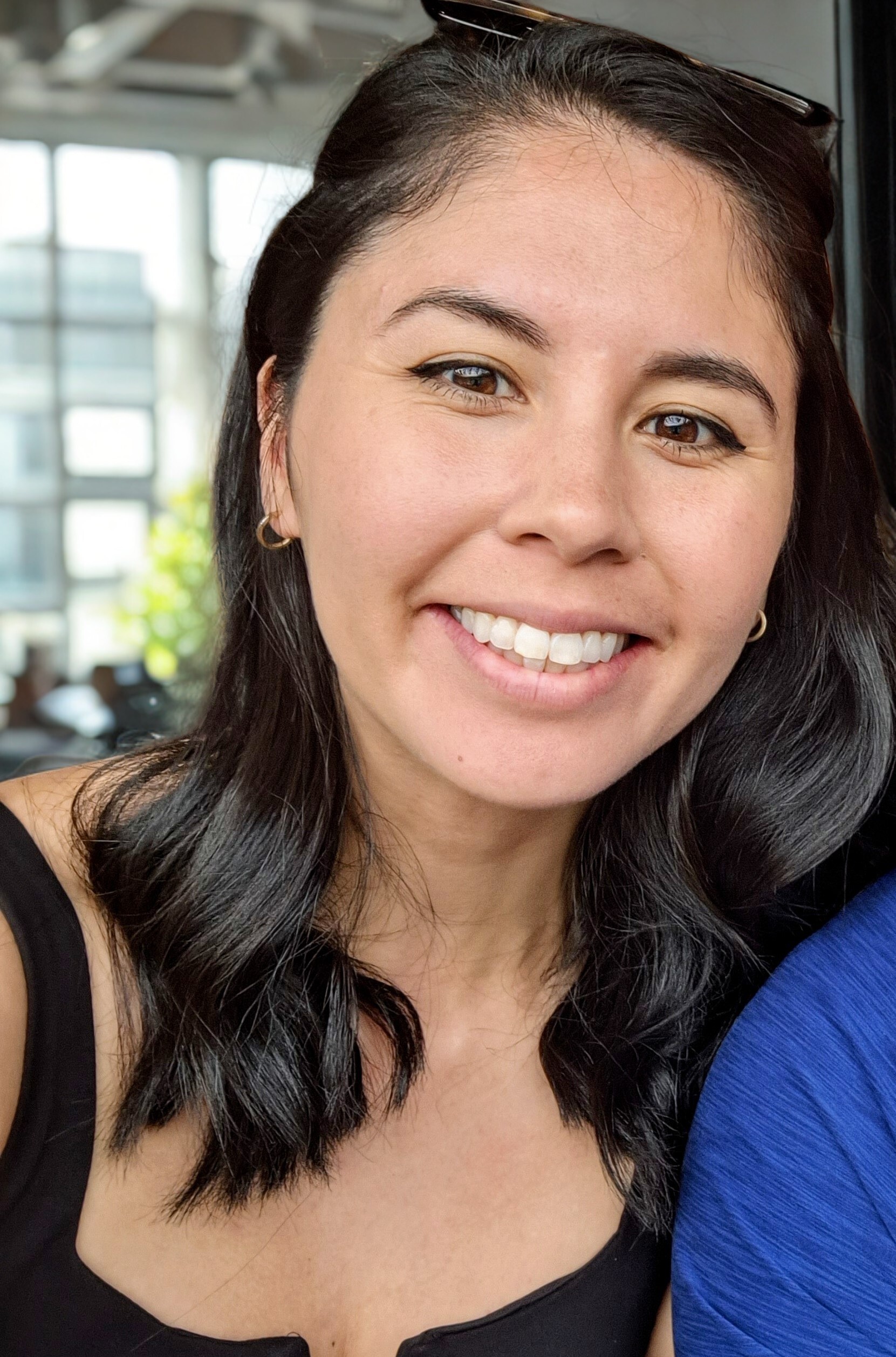What is your career history? Tell us about how you became a dietitian.
My interest in becoming a dietitian began when I was studying Biomedical Science at university. There was a specific module in molecular biology for cancer and ageing where one of the environmental factors that affected epigenetics – changes in your genetic expression without changing the underlying DNA sequence – was diet.
I’ve always loved the social side of food, so thinking about food in this light was very interesting to me. So, when my third-year lecturer asked me: ‘Have you ever considered a career as a dietitian?’, I decided to pursue this as a career path.
After graduating from university, I spent a year working in a care home and volunteering in the dietetics department at my local hospital in Wales to gain experience. I then went on to complete a postgraduate degree in nutrition and dietetics.
My first dietetics role was as a community dietitian and then, a mental health dietitian in Wales, before moving to London to go into acute dietetics (cardiothoracic and neurology). At the end of 2021, I joined Royal Brompton Hospital as a cardiothoracic dietitian, working mainly in the Adult Intensive Care Unit (AICU).
What do you do day-to-day?

As a dietitian, I provide expert advice on diet and nutrition. I help patients meet their nutritional needs during their stay in the AICU to aid recovery. This includes reviewing how patients need to be fed – oral (through their mouth), enteral (inserting a tube into their gastrointestinal tract) or parenteral (delivering nutrition directly into their bloodstream, bypassing the gastrointestinal tract). I also provide support to patients after surgery to help manage or prevent any nutrition-related complications; help with their general weight management and promote healthy eating.
Part of my role involves attending weekly multidisciplinary team meetings that include the medical team, nurses and other allied health professional (AHP) colleagues, for example physiotherapists and speech and language therapists. In these meetings, we discuss patients and all the different parts of their care that we are responsible for in a holistic manner.
Alongside clinical work, my team also provides education sessions to colleagues and lectures at relevant university courses to enhance an understanding of our role and how we can impact patient care. We develop policies and patient information resources, complete audits and constantly undertake service improvement and evaluation projects. We also organise health promotional events to raise awareness of the importance of nutrition and hydration across the hospital.
I oversee the management of adult dietetic stock in the hospital and up until a few months ago, I was the lead catering dietitian for the hospital. This involved working with the catering team and other healthcare professionals (e.g. speech and language therapy team) to develop diverse menus for patients and adopt a robust menu coding system to allow us to easily analyse the nutritional content of each recipe. This ensures the food we provide meets patients’ nutritional needs, clinical needs and personal preferences as best as we can.
What do you love about being a dietitian?
I love being a dietitian because I’ve always been passionate about food. Whether it’s looking at it through a lens of nutrition or enjoyment, it’s fundamental to survival and is a huge part of any culture.
Being a dietitian gives you the privilege to help people. It melds the clinical and social aspects of patient care. Recovery is much more holistic – medical practice is obviously hugely important, but adequate nutrition is also key to survival and quality of life so you cannot have one without the other.
Why did you choose to specialise in critical care?
Caring for patients in critical care means a lot of attention to detail is needed. I see myself as a numbers-oriented person, so I like this aspect of precision and following guidelines alongside making clinical judgements and providing compassionate support to patients.
Critical care is a rapidly changing environment; it’s fast-paced but everyone is calm. It’s also a brilliant multidisciplinary team environment where you get to work with clinical colleagues from a range of disciplines.
We see patients who are very ill, so it’s very rewarding when you see them through their journey to recovery.
What has been the highlight of your career so far?
This is so tricky as I love dietetics for being such a diverse career choice! For now, I’d have to say it’s been having the opportunities to co-author several publications on insights into dietetic-led interventions in critically ill patients, including COVID-19 patients, which has involved working with a passionate and inspiring team. I enjoy contributing to progressing better future evidence-based practice.
What advice would you give to someone considering a career as an allied health professional or dietitian?
If you’re looking to become an allied health professional, I would advise looking at all the AHP careers available to you and what they entail, as there are plenty to choose from!
Ask for opportunities to shadow and get as much experience in caring for people as you can – these can be in different settings such as in hospitals and care homes. The more familiar you get with it, the better.
Always remember that there is no such thing as a stupid question. Always aim high (everyone starts somewhere!) and never be afraid to have gaps in your learning because we’re all still learning all the time.
